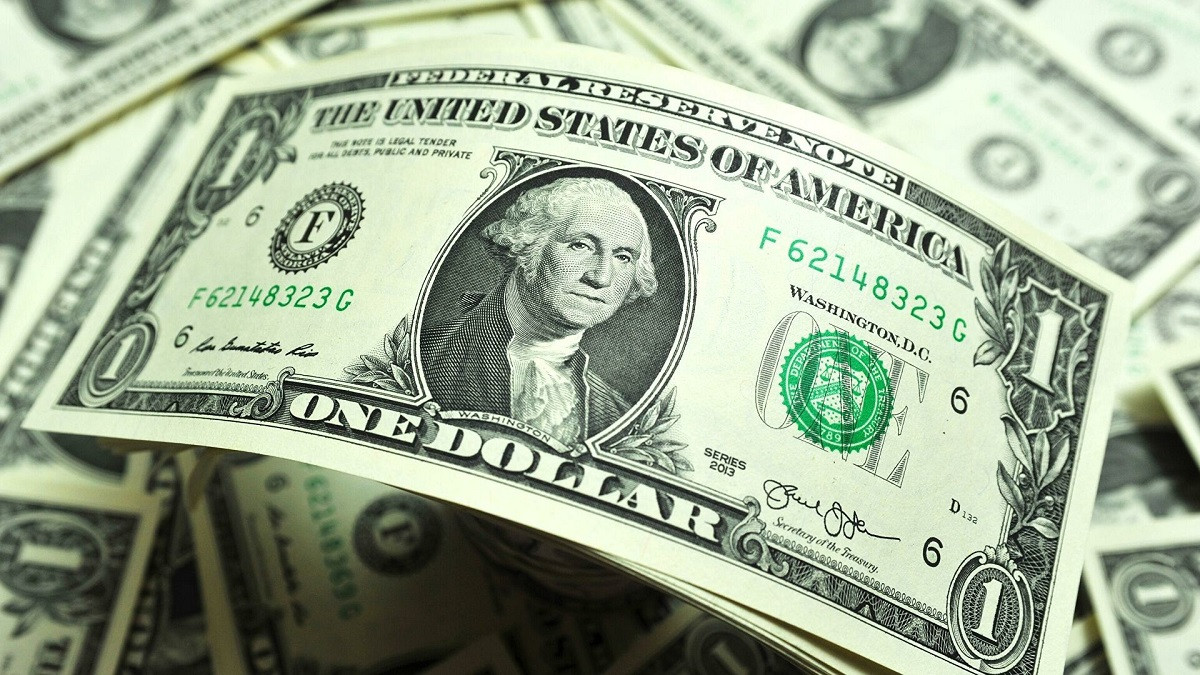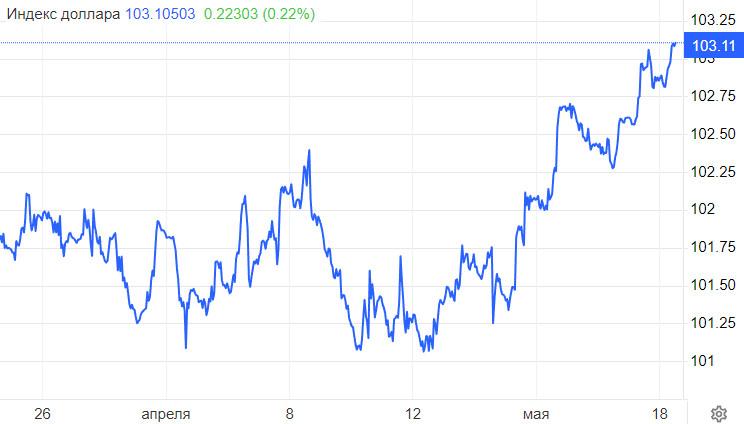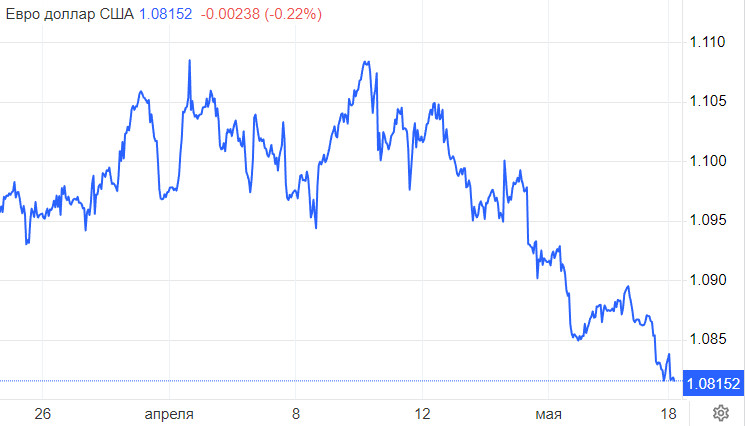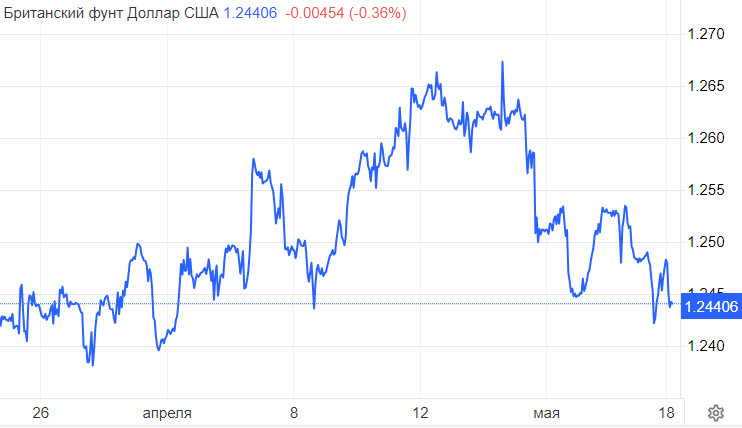
A rally of the US dollar is likely to be short-lived. Will it start a correction and what trajectory will it choose, taking into account new events?
The US dollar index on Thursday was trying to consolidate at a 2-month high of 103.00. Demand for the greenback is high amid growing optimism that the US government will reach an agreement on the debt ceiling and avoid a default.
President Joe Biden and House Speaker Kevin McCarthy made it clear on Wednesday that they would not allow a default after a months-long standoff.
Hawkish statements by the Fed policymakers this week also facilitated a rise in the US dollar. Chicago Fed President Austan D. Goolsbee said it was too premature to be talking about rate cuts.
Cleveland Fed President Loretta Mester believes that the central bank is not at a point yet where it can hold interest rates steady for a period of time due to stubborn inflation.
Today, investors are anticipating US weekly jobless claims. They are likely to provide more clues about the state of the labor market.
This report could lead to a drop in the US dollar, ING economists stressed.
The figure is expected to decrease to 252,000 from 264,000 after a staggering rise. It is a downside risk for the US dollar.
A breakout of the April high of 103.05 could ease the bearish pressure. The greenback still has a chance to rise higher.
If the US dollar maintains its upward movement, it may face a strong resistance level of 105.88.
Why US dollar keep climbing?
Despite the predictions about a fall in the US dollar this year, it has gained as much as 2% over the past month. Some analysts are puzzled.
Some economists assume that USD could decline because of a slowdown in inflation and a possible rate cut in June. However, inflation remains high. The Fed will hardly abandon aggressive tightening.
Currently, there are several factors that are boosting a rally of the US dollar, namely concerns about an agreement over the debt ceiling, the banking crisis, and the prospects of the global economy. These risks bolster demand for safe-haven assets.
Since mid-April, the US dollar index has recovered by about 2%. However, it is still below its September high of 114.70.

In such a market situation, investors flock back to bonds, gold, and the US dollar.
Market uncertainty is only mounting due to the woes of regional banks and the standoff over the debt ceiling. So, it is hardly surprising why the US resumed growth.
Outlook for EUR and GBP
The EUR/USD pair is aiming at the support level of 1.0800. Besides, the news about debt selling is more optimistic.
Today, the US dollar is likely to consolidate at the current levels or start a slight correction. Yet, it will hardly climb higher, analysts at ING stressed.
The euro is trading below the 1.0850 level today. However, the chances of a decline are low.

Credit Suisse's forecast
EUR/USD came somewhat closer to the second-quarter target level of 1.1250 after hitting 1.1092 in early May. Analysts do not advise traders to buy on the current drop below 1.0900 until stronger divers appear. There may be a sharp decline in initial jobless claims, confirming the market expectations for rates that had been factored in.
GBP/USD rose above the target level of 1.2650 but resumed its decline.
EUR/GBP is already at the lower border of the range of 0.8700–0.8900. The profit from trading GBP/USD following its retreat after the BoE meeting is rather small, Credit Suisse supposed.
Analysts at UOB believe that the GBP/USD pair may retreat in the near future, falling below the support level of 1.2400.

In London trading, the pound sterling sank to 1.2422. However, this decline was short-lived as the pound sterling rebounded to 1.2487. Today, it is trading in the range of 1.2440- 1.2525.
The target level is located at 1.2390. However, short-term oversold conditions could slow down downward movement. The British currency may not reach 1.2390 as it needs to rise above 1.2560.





















